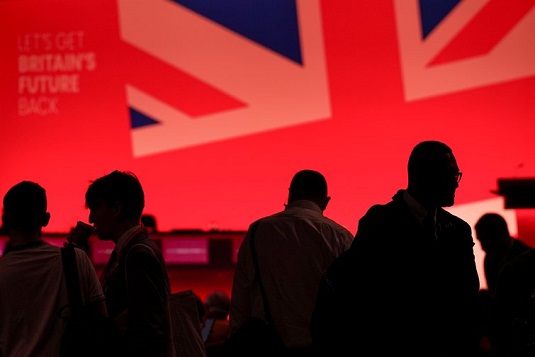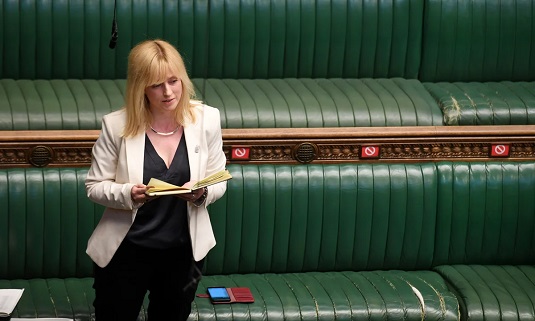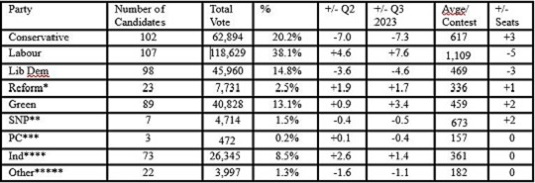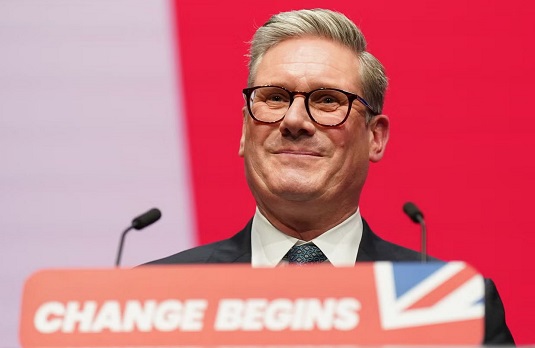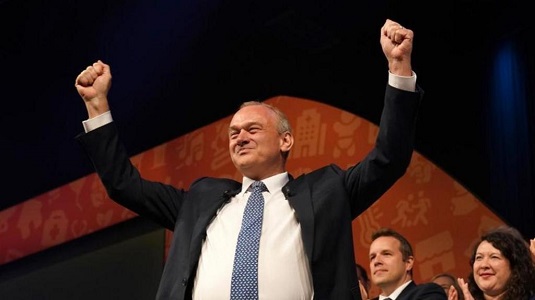
The Quatermass Experiment by Nigel Kneale
Convenience Store Woman by Sayaka Murata
The White Mountains by John Christopher
The City of Gold and Lead by John Christopher
The Pool of Fire by John Christopher
No Way Out by Tim Shipman
To Have and Have Not by Ernest Hemingway
Empire of Two Worlds by Barrington J Bayley
The Sorrows of Young Werther by JW Goethe
Jupiter by Ben Bova
A Wrinkle in Time by Madeleine L'Engle
Out of the Silent Planet by CS Lewis
Gentlemen Prefer Blondes and But Gentlemen Marry Brunettes by Anita Loos
The Breaking of Northwall by Paul O Williams
Zofloya, or, The Moor by Charlotte Dacre
The Gap Into Conflict: The Real Story by Stephen R Donaldson
Waiting for the Barbarians by JM Coetzee
Walk to the End of the World by Suzy McKee Charnas
Mine Boy by Peter Abrahams
Doomtime by Doris Piserchia
They Shoot Horses, Don't They? by Horace McCoy
A Billion Days of Earth by Doris Piserchia
Castle Rackrent by Maria Edgeworth
The Eyes of Heisenberg by Frank Herbert
Candide by Voltaire
Radix by AA Attanasio
Super-Cannes by JG Ballard
Incandescence by Greg Egan
Journal of a Wife by Anais Nin
The Gap into Vision: Forbidden Knowledge by Stephen R Donaldson
The Woman Who Walked into Doors by Roddy Doyle
Citizen of the Galaxy by Robert A Heinlein
Lucifer's Hammer by Larry Niven and Jerry Pournelle
Swimming in the Dark by Tomasz Jedrowski
Melmoth the Wanderer by Charles Robert Maturin
Killer Planet by Bob Shaw
The House of Mirth by Edith Wharton
Cosmonaut Keep by Ken MacLeod
Infinity Gate by MR Carey
Some corkers stand out from this humongous list. Top reads include Mine Boy, the first black South African novel to command mainstream critical attention. Life was hard in the townships, but Abrahams's work is not depressing in the slightest. Au contraire a sense of creeping menace competes with a huge heart that beats throughout the book. A strong recommend. Anita Loos's double bill of short novels was great fun, and the inclusion of contemporaneous cartoons from its magazine serialisation give it a lot of character. You don't have to be into Sex and the City 1920s-stylee to enjoy it. Melmoth the Wanderer is representing as the gothic novel to end all gothic novels. A ridiculous set of nested stories, murder, the Inquisition!, dungeons, melodrama, visions of hell, soul-selling - it has the lot. Very entertaining but for me, The Monk remains the sub-genre's unconquered pinnacle.
Looking into the SF, the two Gap books and its sequels by Stephen R Donaldson don't get much coverage. And now I know why. Take an unimaginative space opera with space pirates, space cops, corrupt officialdom, and gross aliens and use these tired tropes to dress up a nasty little story about the repeated rape, physical abuse, and gaslighting of a traumatised woman. The titular 'gap' of the series refers to the hyperspace jump technology of the universe, but it might equally apply to Donaldson's absence of a moral compass. A gross and unnecessary entry in the SF canon. Much better was Williams's The Breaking of Northwall, the first in the post-apocalyptic Pelbar cycle. It's North America 1,000 years from now. Swords are as advanced as weaponry gets, but social change is afoot and a new renaissance and industrial revolution beckons. It's not a masterpiece but it is well written and entertaining. Also good fun were the two juvenile reads from this quarter. Bob Shaw's Killer Planet can be breezed through in no time: an uncomplicated mystery that, funnily enough, centres around a planet that kills people. The other was the Heinlein. Yes, four books in and I've found a likeable novel by him. Citizen of the Galaxy is a meditation on social responsibility. It has some thrills and spills for its intended audience, but winds up as a courtroom drama. Not the choicest of narrative directions, but it's Heinlein so there you go.
Quick shout out for the third entry from "Shippers" Brexit quartet. Its predecessors were pacey and entertaining, but No Way Out was a bit of a slog. The detail is impeccable, and he does his best to make dry negotiations interesting, but even as skilled a writer as he cannot polish up the dullest of subjects. And finally there are the Tripods trilogy: a set of books I should've read decades ago. They're dated in a boy's own where-are-the-women way, but not horrifically so. A shame I didn't get round to writing about them.
What have you been reading recently?

